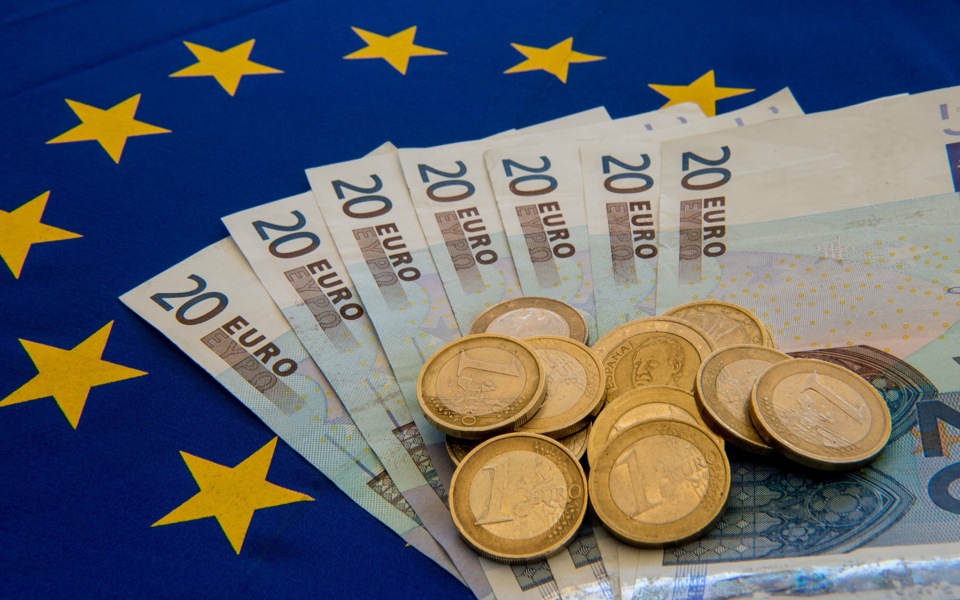Deal on Greece is touch and go

A senior eurozone official put on Wednesday the chances of a complete agreement on Greece being reached at this Monday’s Eurogroup meeting at 50 percent, while many issues remain open and the negotiation battle at this stage is mainly between Berlin and the International Monetary Fund. The official also reiterated that there will be no tranche disbursement without the IMF agreeing to participate in the Greek program.
There are three scenarios on the negotiating table, according to two eurozone officials who took part in last Monday’s Euro Working Group. All three provide for the primary budget surplus to remain at 3.5 percent of gross domestic product until 2022, showing that this is not negotiable anymore.
The main obstacle to an agreement among Greece’s creditors is that they disagree on the rate of Greek growth in the coming years, a key parameter for the extent of Greek debt easing.
The first scenario provides for growth to match the European Commission’s estimates for 2.1 percent this year and 2.5 percent in 2018, and continuing at a similar pace until 2060. If there is a primary surplus of 2-2.6 percent of GDP, then the measures agreed last May will suffice to make the Greek debt sustainable.
According to the second scenario, growth will be below even the IMF forecast and will not exceed 1 percent per year in the long term. That should take the primary surplus down to 1.5 percent of GDP from 2023, and more measures will be needed to render the debt sustainable. The third scenario is similar to the second, but the growth forecast is slightly higher, at 1.25 percent.
The same eurozone official stressed that a complete agreement rests on four conditions: The first is a political deal, already reached while the creditors’ representatives were in Athens; the second is the implementation of the prior actions, most of which are expected to be ratified by Parliament tonight; the third is the completion of a compliance report, matching the points agreed with those passed through Parliament; and the fourth is a new debt sustainability analysis. “When we have all that, then there will be a deal,” he said.





